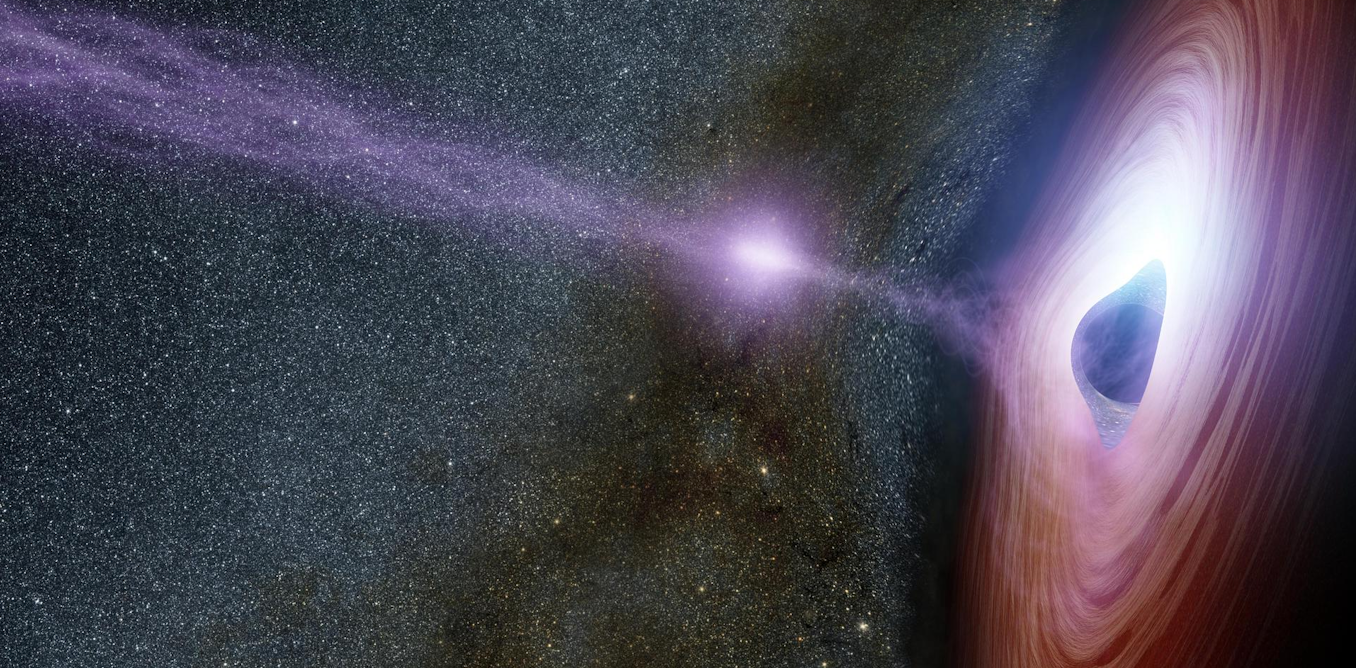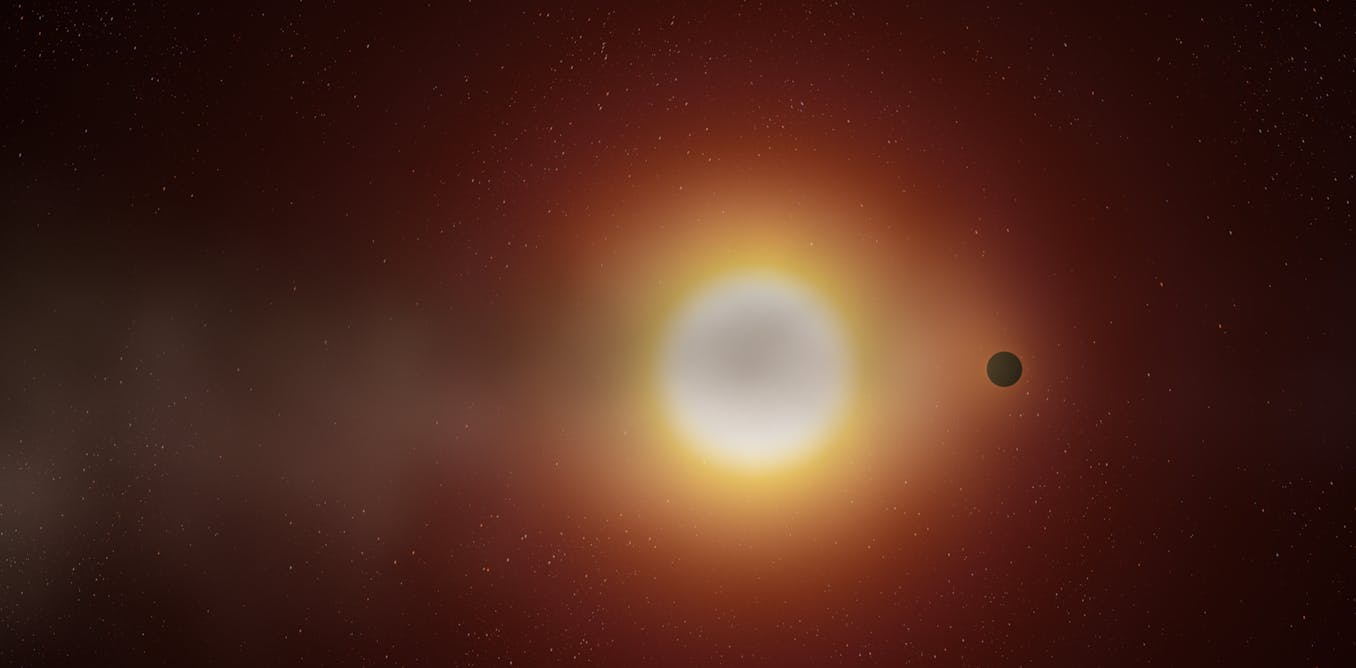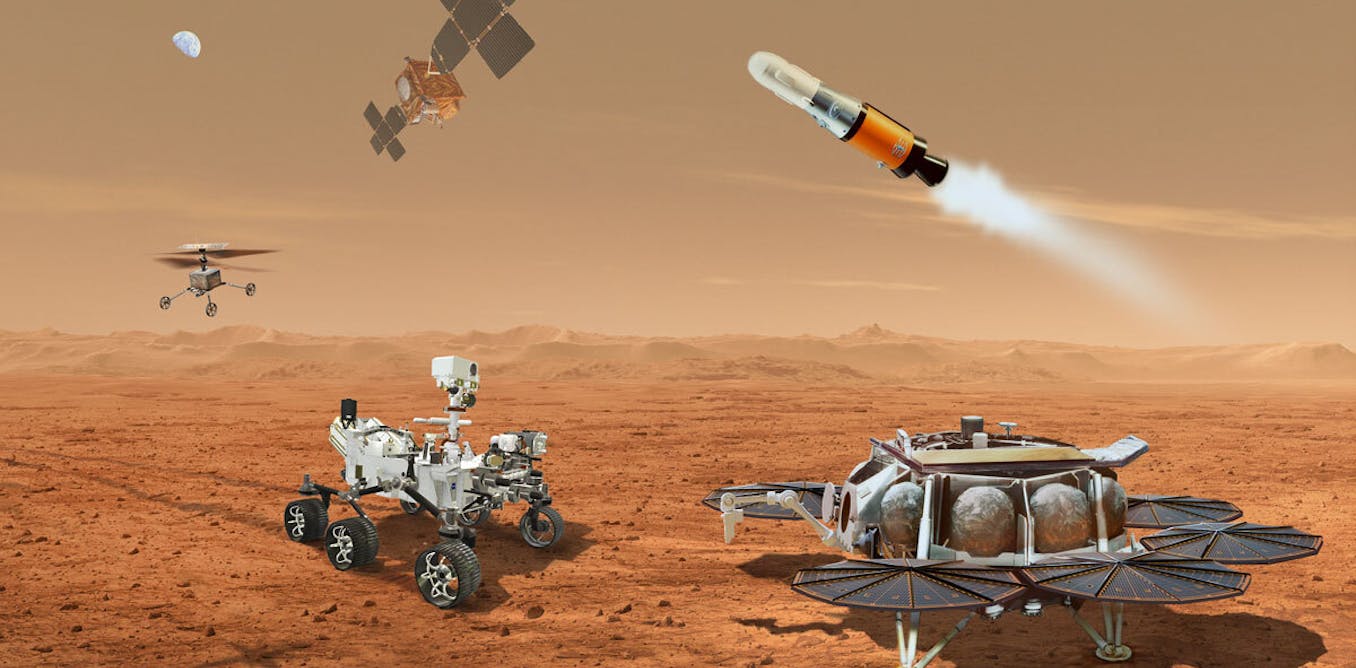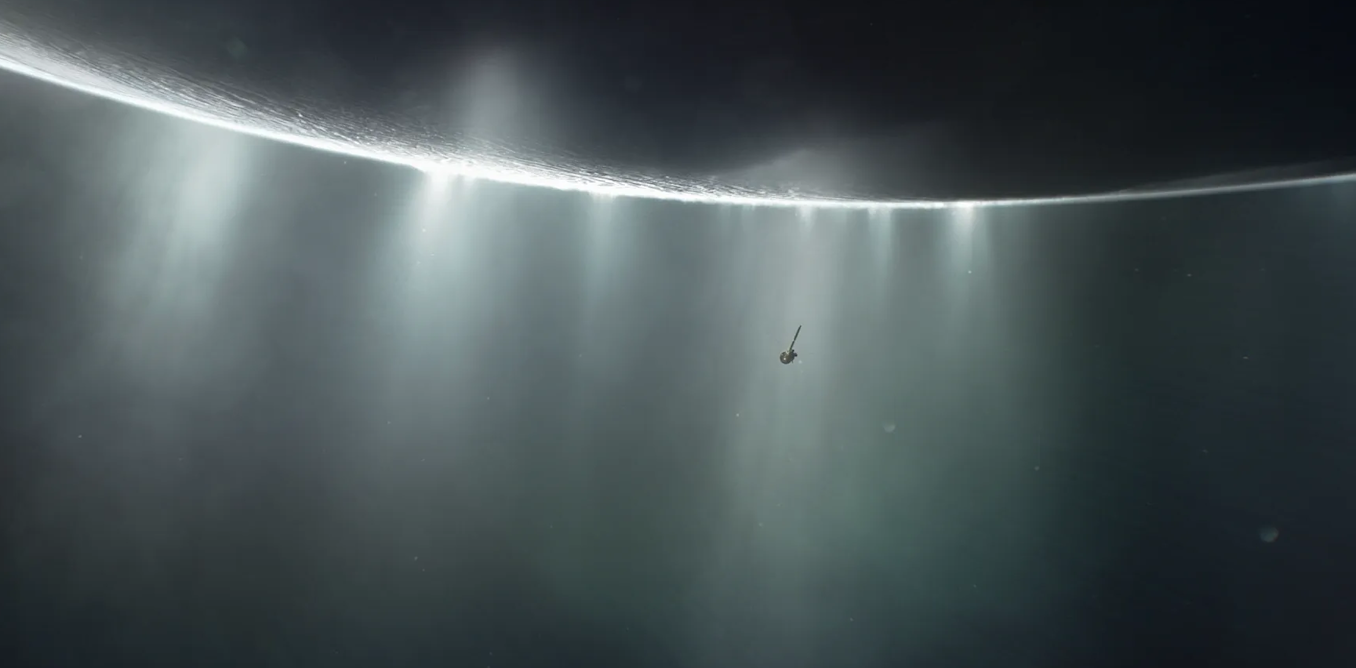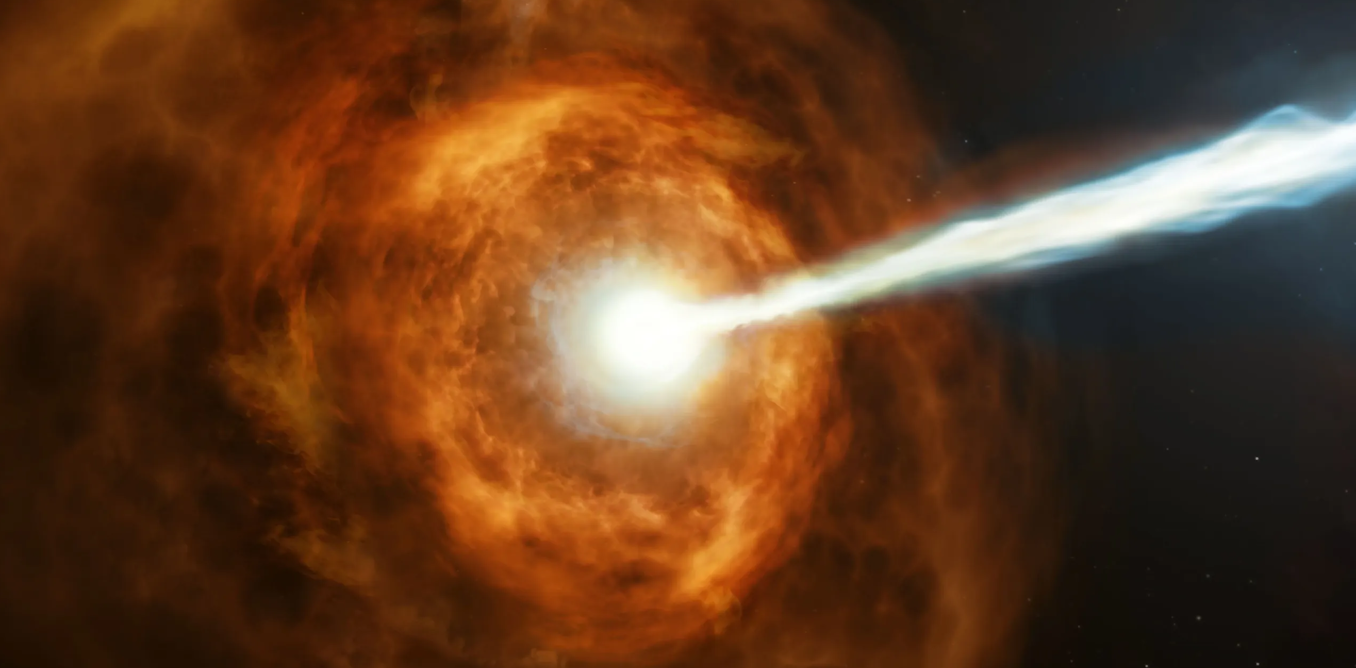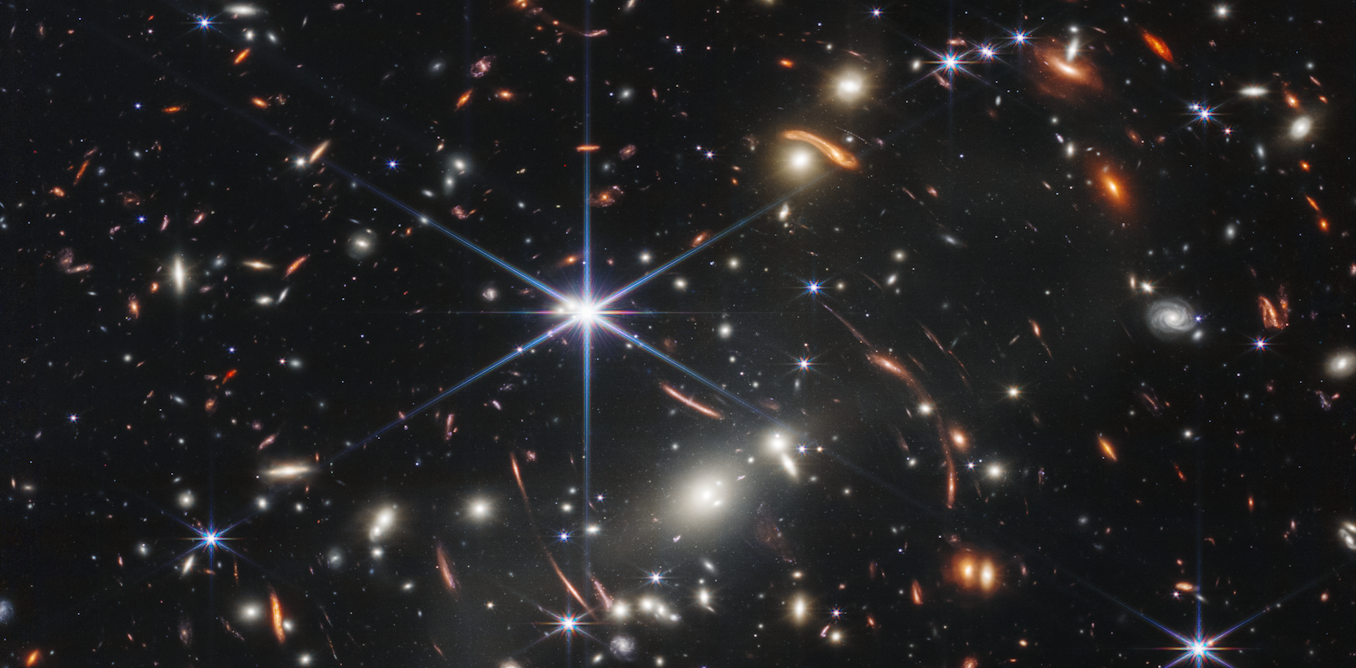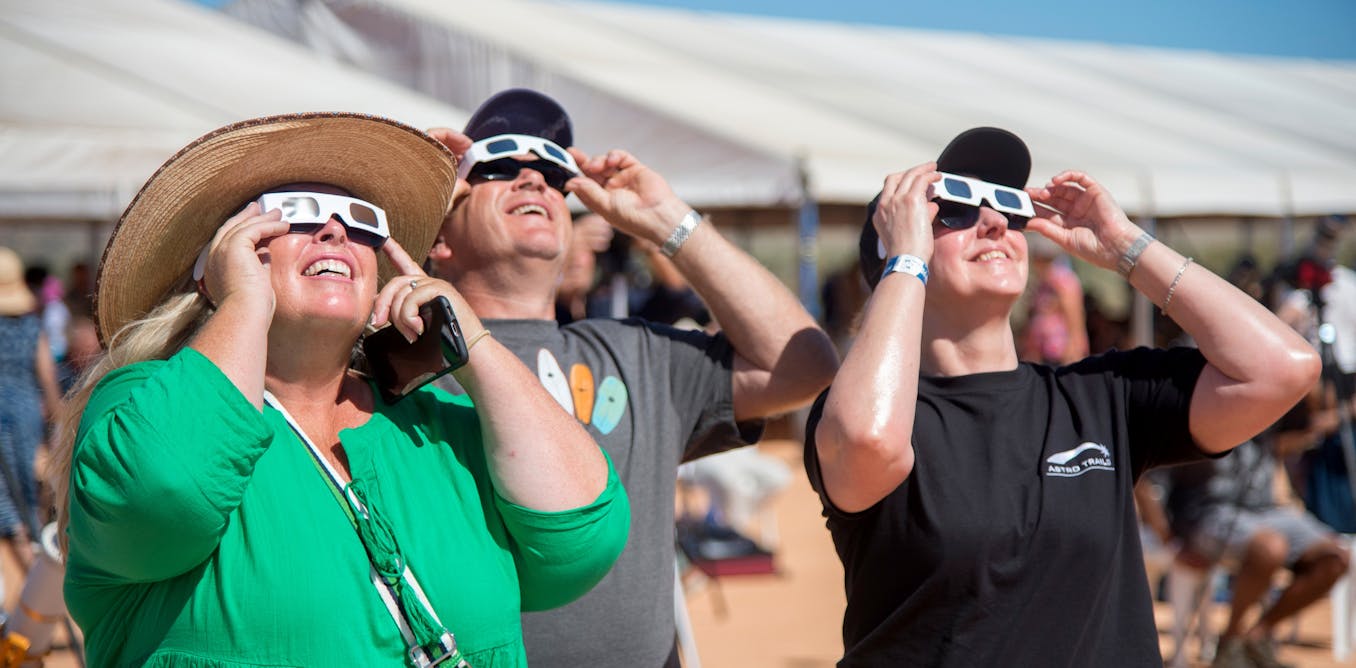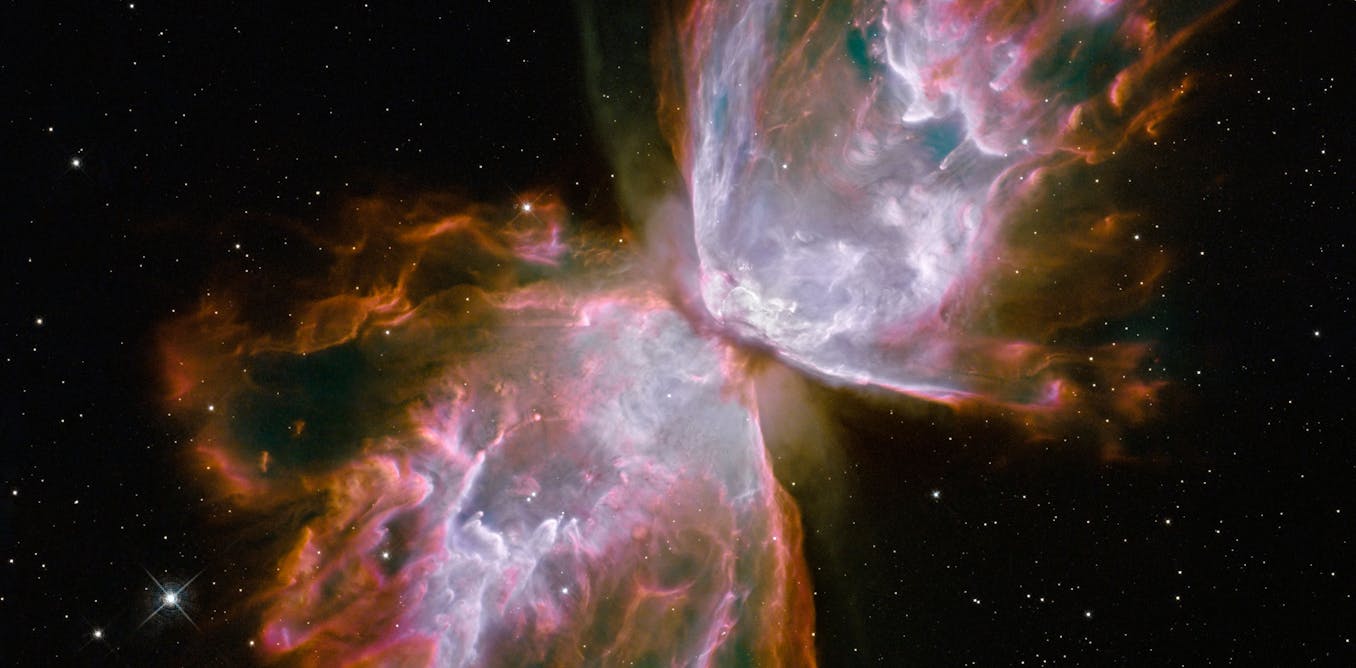Black holes are mysterious, yet also deceptively simple − a new space mission may help physicists answer hairy questions about these astronomical objects
Studying theoretical, fast-spinning black holes is helping physicists understand more about the elusive black holes out in the universe.
May 15, 2024 • ~7 min

